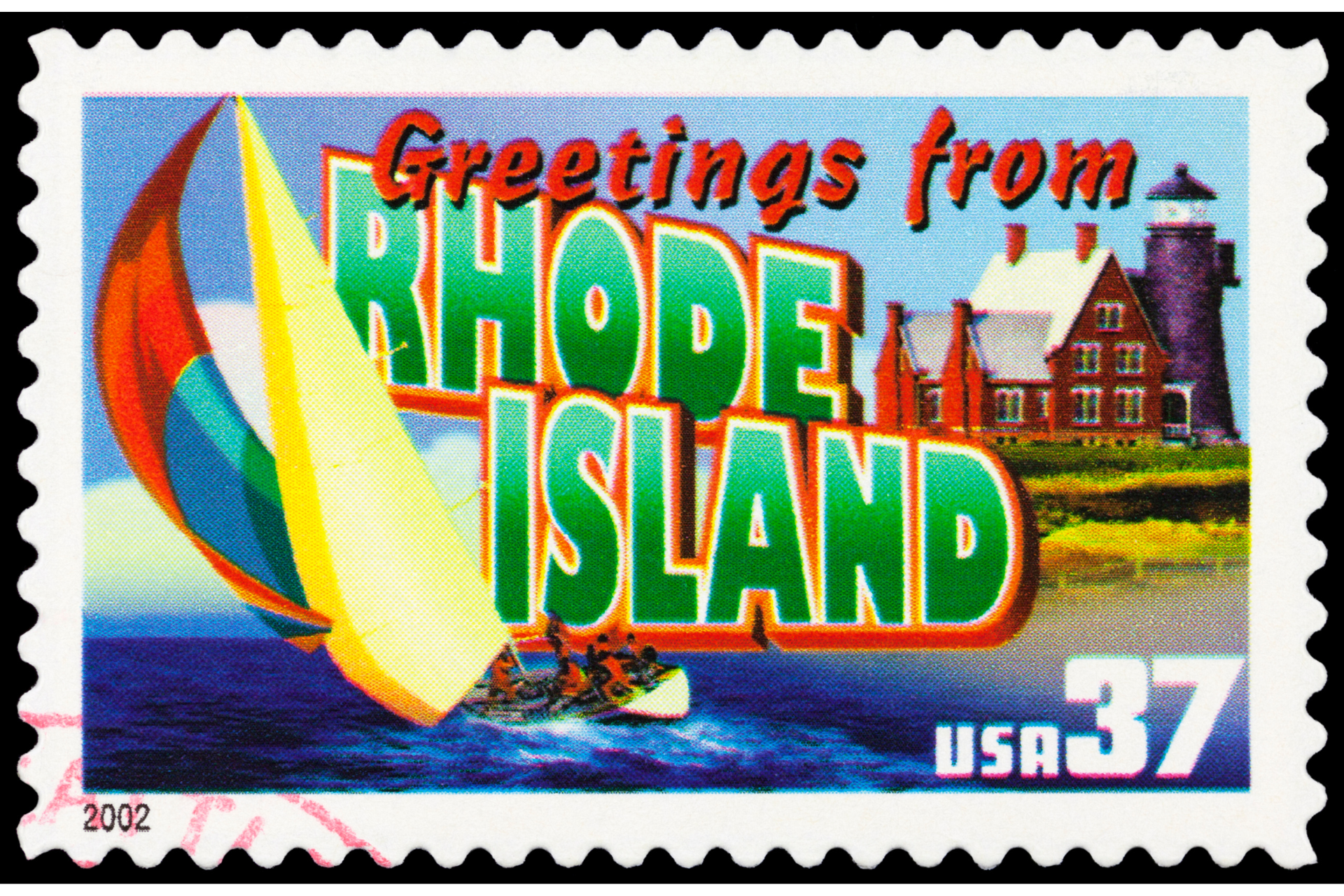Under “Enhanced Commonwealth,” Puerto Rico would remain a part of the United States while also conducting its own international trade and diplomacy. Although the proposal has been soundly rejected by the federal government on both constitutional and practical grounds, this hasn’t stopped its proponents from pushing it.
In 2003, the PDP-led Puerto Rican government attempted to sign cooperation agreements with independent Caribbean nations. Secretary of State Colin Powell interceded, however, instructing these foreign governments that Puerto Rico lacked the authority to conduct its own international affairs and inviting the PDP government to further discuss this issue with his office directly – an invitation that was never accepted. In a memorandum to the Belize Embassy, Secretary Powell forcefully explained:
The Department is aware that Puerto Rican government officials have approached a number of countries . . . seeking treatment normally only accorded to a sovereign state. . . . The department reiterates that the U.S. federal government is responsible for Puerto Rico’s foreign affairs.
Puerto Rico is an unincorporated territory of the United States with commonwealth status. The U.S. federal government has full responsibility for the conduct of foreign relations of all areas subject to United States jurisdiction, including all U.S. states, territories, and possessions. Accordingly, the Department reviews any proposed participation by a U.S. territory or possession in international bodies, or signing of documents (including agreements) with other nations [.]
Secretary Powell’s response, representing a Republican Administration, was consistent with the position of the State Department under Democratic President Bill Clinton three years earlier. At a hearing before the House Natural Resources Committee in 2000, Robert Dalton, Assistant Legal Advisor for Treaty Affairs at the U.S. Department of State, testified:
[The Enhanced Commonwealth proposal] would purport to make the Commonwealth a nation legally and constitutionally and provide it with many trappings of a sovereign nation. Yet at the same time, the legislation would retain or create links to the United States that are inconsistent with sovereignty as that term is understood in international law. It is this hybrid nature of the arrangement contemplated in the legislation that renders it untenable as a functional matter.
Even in 2000, the State Department’s testimony on “Enhanced Commonwealth” did not break new ground. More than ten years earlier, in testimony before the Committee on Energy and Natural Resources, Mary V. Mochary, Department of State Principal Deputy Legal Adviser under Republican President George H.W. Bush, stated that the proposal for an Enhanced Commonwealth “would create an unprecedented political status for Puerto Rico. It would grant to Puerto Rico significant attributes of sovereignty which would be incompatible with remaining a part of the United States.”
The history is clear but the debate endures. Most recently, a former Puerto Rican government official decried the recent plebiscite for not including “adequate alternatives,” such as remaining a “commonwealth” outside of the U.S. Constitution’s territorial clause. According to the State Department under three presidential administrations, spanning both political parties and many years, such an “alternative” does not exist.


